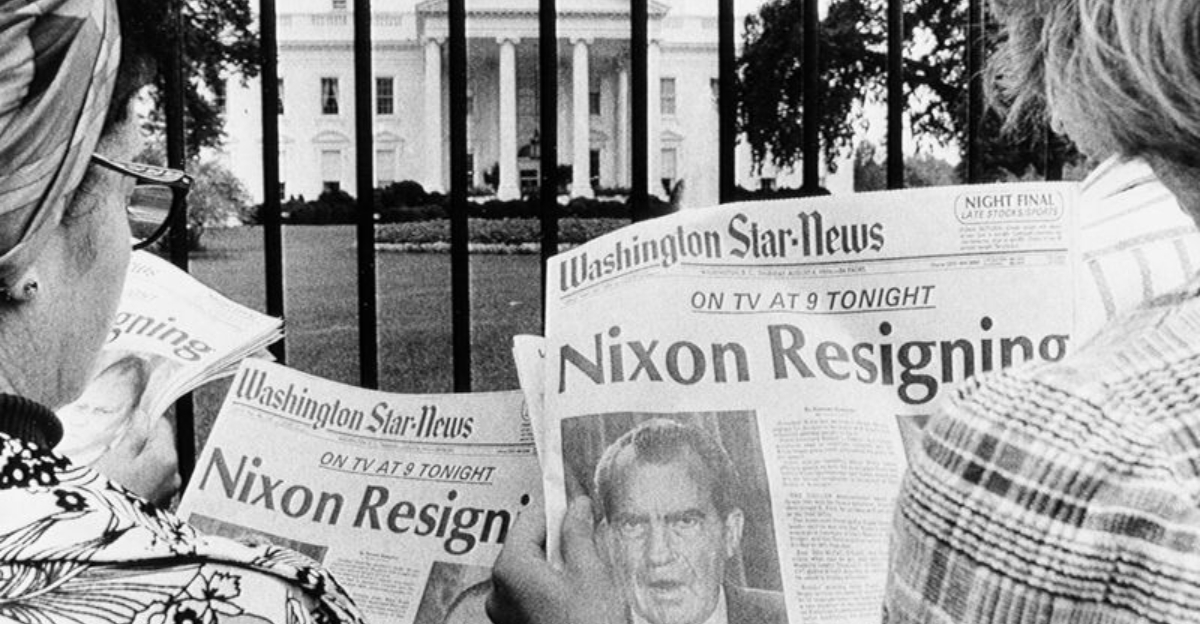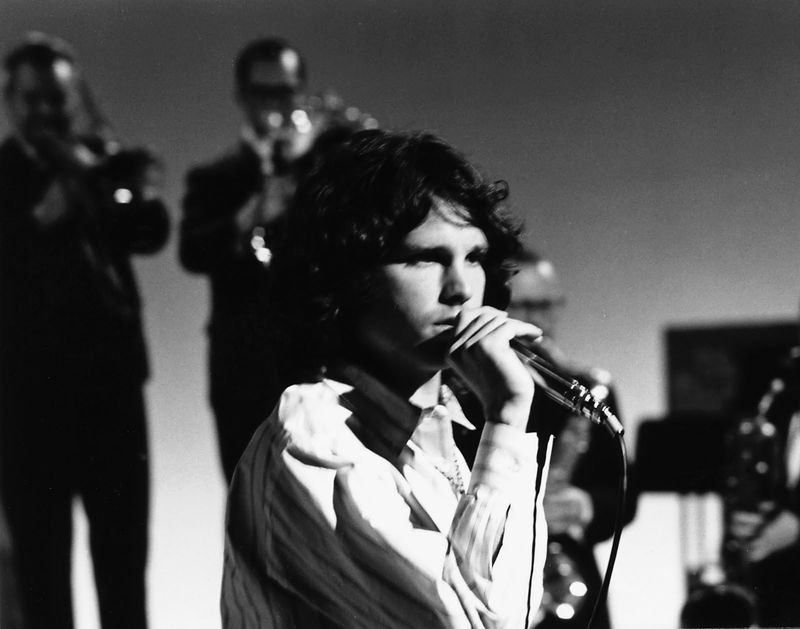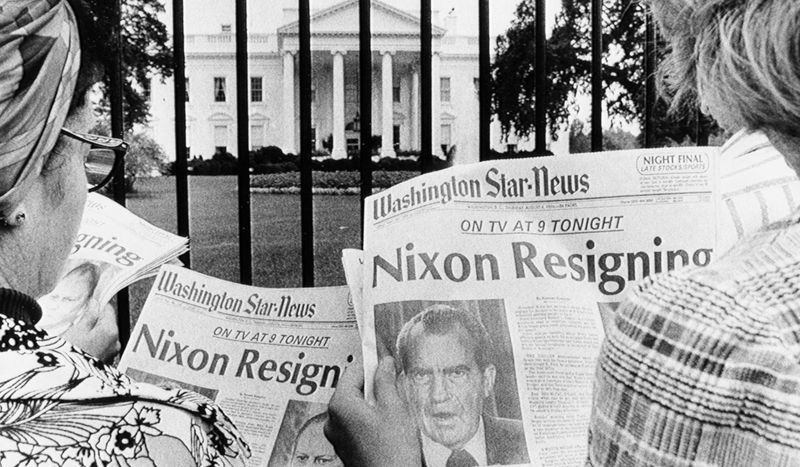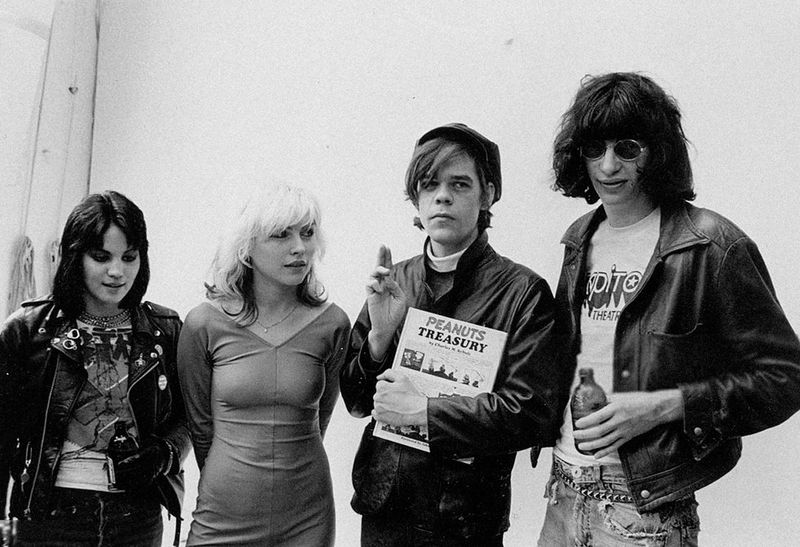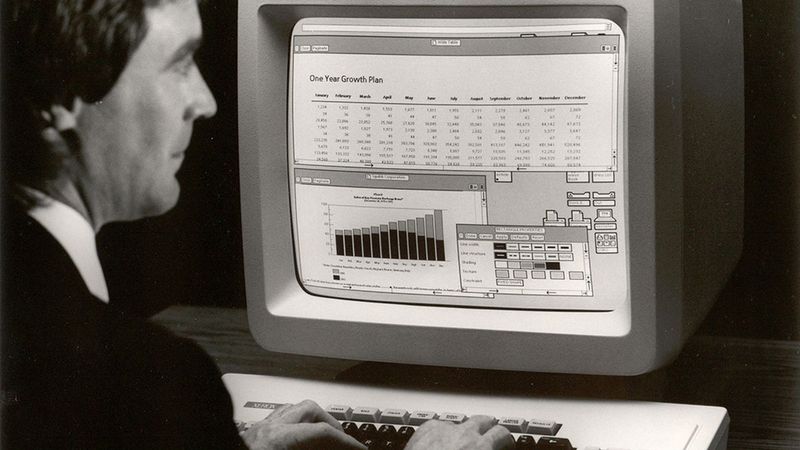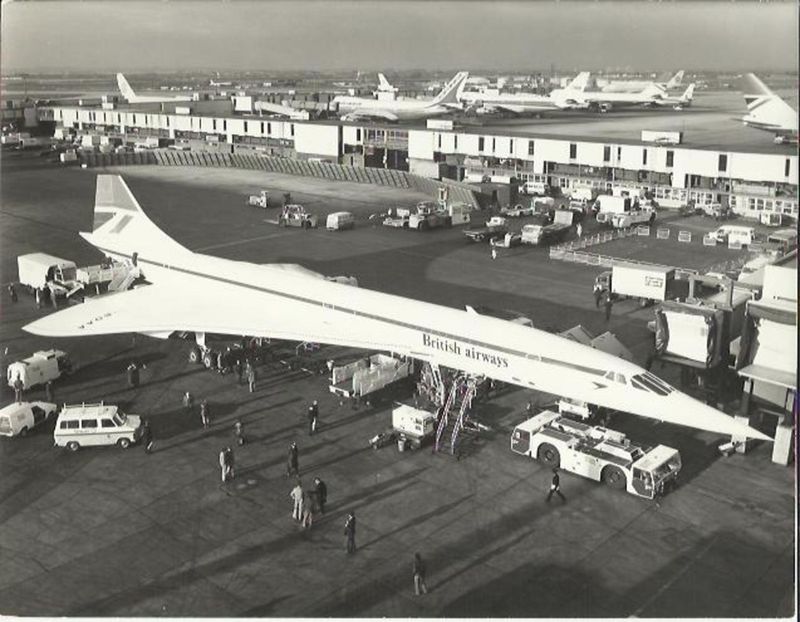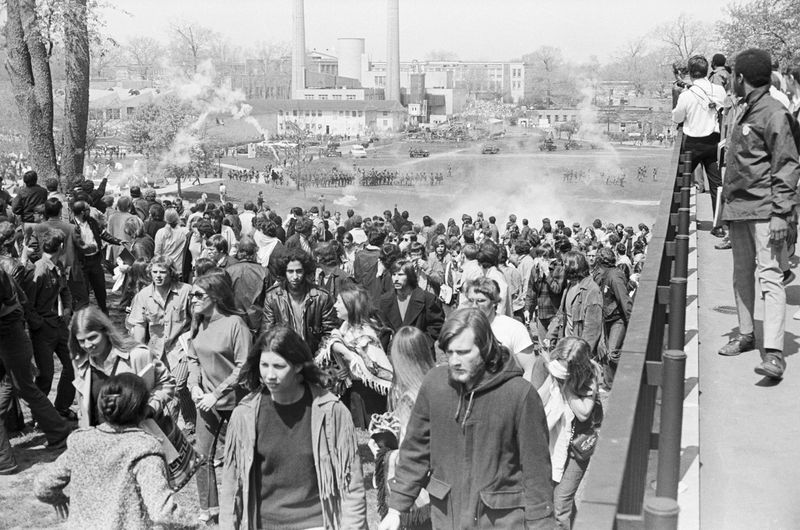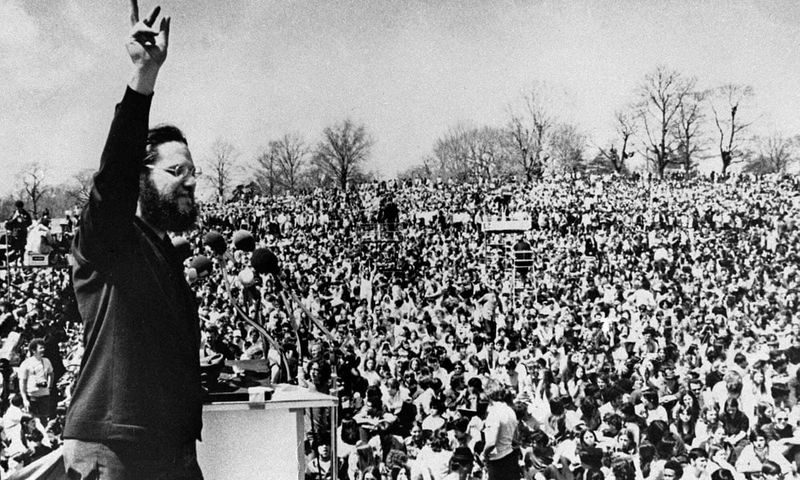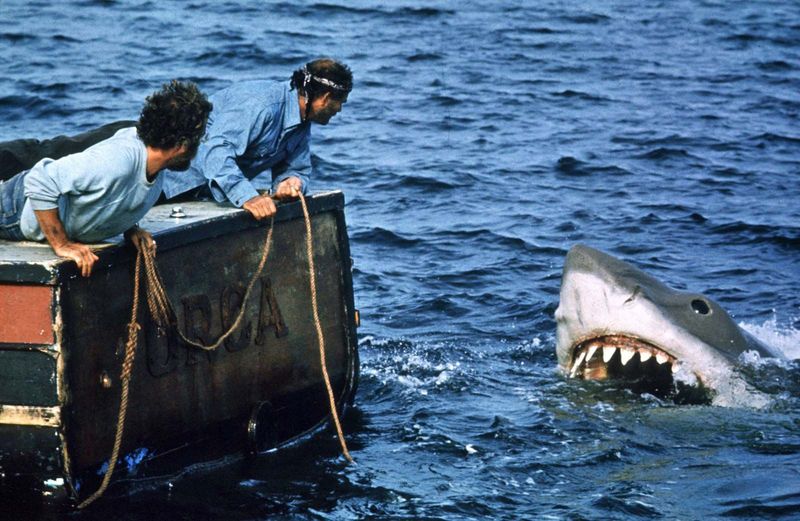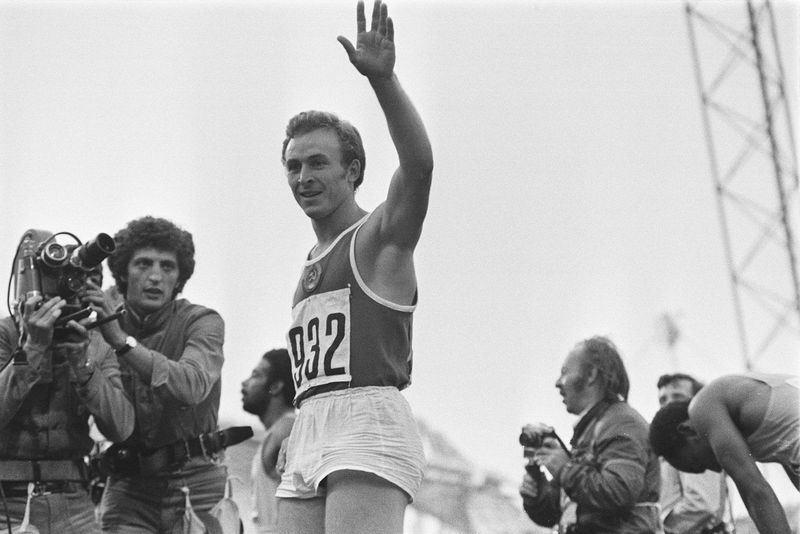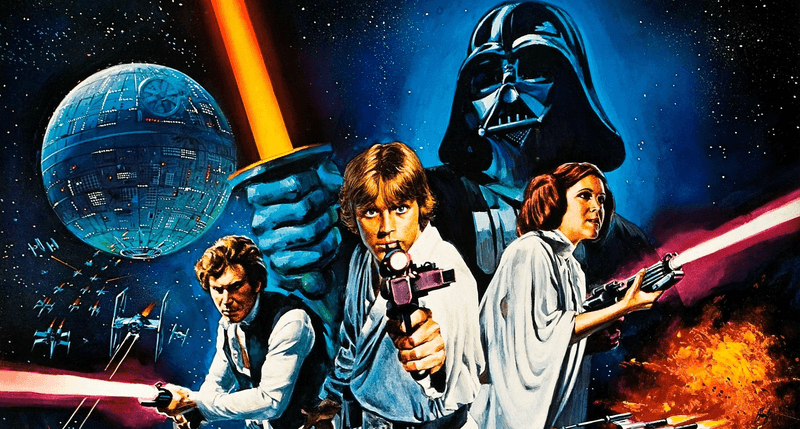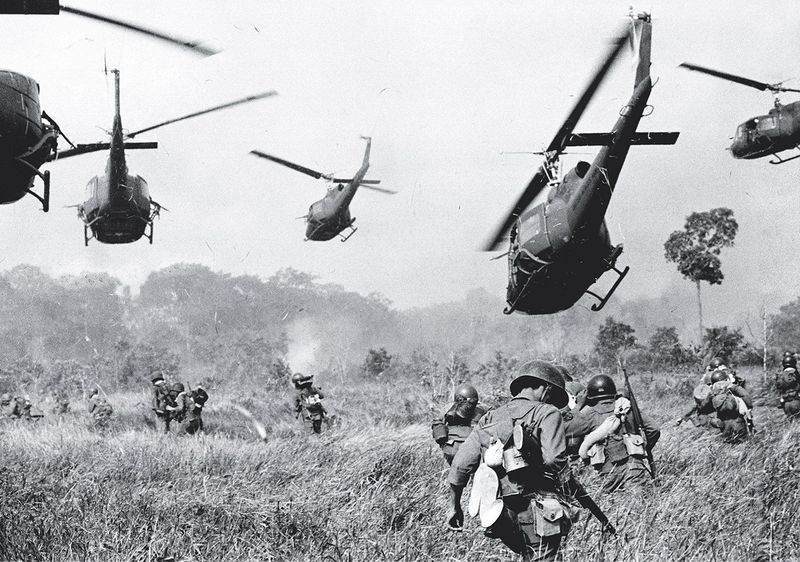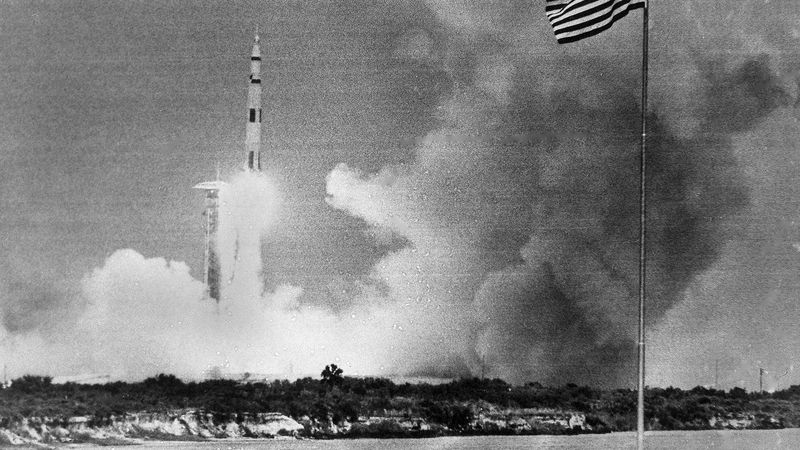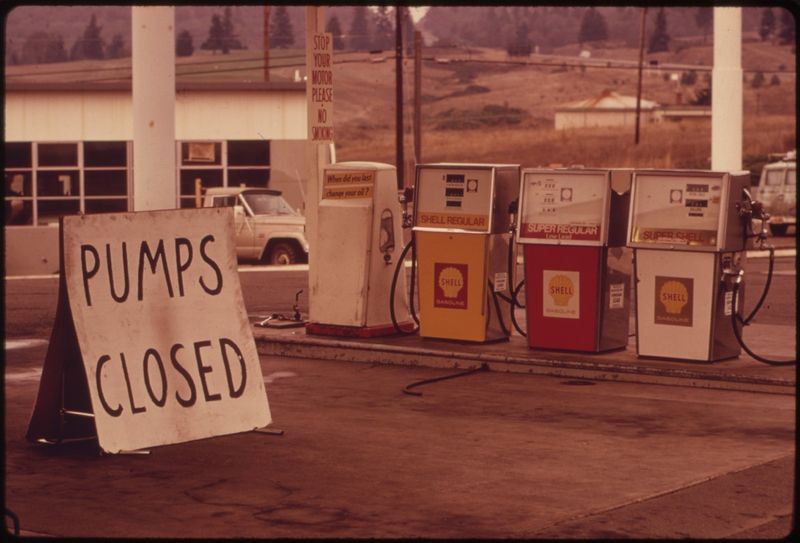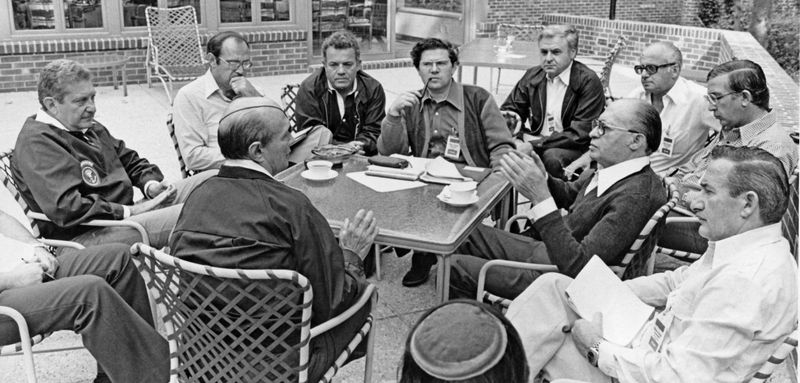The 1970s was an era filled with iconic events and changes that have shaped modern history. While many of us are familiar with the major headlines, there are numerous intriguing moments that flew under the radar.
From unexpected cultural shifts to lesser-known historical events, the ’70s was full of surprises that still resonate today.
Dive into this list of 20 surprising moments from the ’70s that you might have overlooked, and discover the hidden gems of this vibrant decade.
1. The Disco Demolition Night
In 1979, the Disco Demolition Night at Comiskey Park, Chicago, turned into a chaotic scene. What began as a promotional stunt quickly escalated into a riot, as disgruntled rock fans stormed the field. Young DJ Steve Dahl, age 24, fueled the anti-disco sentiment.
Thousands of disco records were blown up on the field, creating a night of unexpected mayhem. The event showcased the cultural rebellion against disco music, bringing about its decline.
It serves as a reminder of how music can stir strong emotions and lead to mass movements, sometimes unintended.
2. The Death of Jim Morrison
The sudden death of Jim Morrison, lead singer of The Doors, in July 1971, left fans in shock. Found in his Paris apartment, his passing was shrouded in mystery.
With no autopsy performed, rumors of conspiracy theories spread, adding to his enigmatic legacy. Morrison’s poetic lyrics and charismatic persona left an indelible mark on rock music.
His death at 27 cemented his status in the infamous ’27 Club’, a reminder of the fleeting nature of fame and the pressures of stardom. His influence remains strong decades later.
3. Nixon’s Visit to China
In a surprising turn of diplomacy, President Richard Nixon’s 1972 visit to China was a groundbreaking moment. This visit marked the thawing of relations between the U.S. and China.
Nixon’s meeting with Premier Zhou Enlai was a strategic move in Cold War politics. The visit opened doors for diplomatic and economic ties, fundamentally changing global dynamics.
Nixon’s initiative showcased the power of diplomacy in bridging ideological divides and paved the way for future international engagements. It remains a pivotal moment in 20th-century history.
4. Watergate Scandal Breaks
The Watergate scandal, breaking in 1972, exposed deep political corruption in the U.S. government. Journalists Woodward and Bernstein uncovered the break-in at the Democratic National Committee headquarters.
This revelation led to President Nixon’s resignation, a first in U.S. history. The scandal highlighted the importance of investigative journalism in holding power accountable.
The event reshaped American politics, emphasizing transparency and integrity. Watergate remains a cautionary tale about the misuse of power and the enduring need for vigilance in governance.
5. Introduction of the VCR
In the mid-’70s, the introduction of the VCR revolutionized home entertainment. For the first time, families could record TV shows and watch movies at their convenience.
This innovation paved the way for the home video industry, changing how audiences consumed media. The VCR’s impact was felt globally, shaping the future of entertainment technology.
It brought a new level of accessibility to films and TV shows, influencing viewing habits for decades. The VCR remains a nostalgic symbol of technological advancement in the 20th century.
6. The Rise of Punk Rock
The 1970s witnessed the rise of punk rock, a raw and rebellious music movement. Emerging in the UK and the US, bands like The Sex Pistols and The Ramones challenged musical norms.
Punk rock became a voice for disenfranchised youth, rebelling against societal conventions. Its DIY ethos and minimalist sound inspired countless artists.
This genre reshaped the music landscape, emphasizing authenticity and anti-establishment sentiments. Punk rock’s influence continues to resonate, reminding us of music’s power to challenge and inspire.
7. Battle of the Sexes Tennis Match
In 1973, the “Battle of the Sexes” tennis match became a cultural phenomenon. Billie Jean King, aged 29, faced off against Bobby Riggs, an older male tennis player.
King’s victory was a significant moment for gender equality in sports, challenging stereotypes about female athletes. The match attracted global attention, highlighting the ongoing fight for women’s rights.
It showcased the power of sports to address social issues and inspire change. King’s triumph remains an iconic moment in the history of gender equality, resonating beyond the tennis court.
8. Formation of Microsoft
In 1975, the formation of Microsoft marked the beginning of a tech revolution. Young Bill Gates and Paul Allen started the company in a small garage.
Their vision was to put a computer on every desk, a bold idea at the time. Microsoft’s success paved the way for the personal computer industry, transforming how we work and live.
The company’s growth exemplifies the power of innovation and entrepreneurship. Microsoft remains a global leader in technology, a testament to Gates and Allen’s pioneering spirit.
9. The Concorde’s First Flight
In 1976, the Concorde’s first commercial flight marked a new era in aviation. This supersonic jet, known for its sleek design, promised to cut transatlantic flight times in half.
The Concorde symbolized luxury and technological innovation, capturing the public’s imagination. Despite its eventual retirement, it remains an iconic piece of aviation history.
The Concorde’s story is a reminder of the bold aspirations in engineering and the quest for speed and efficiency. It continues to inspire dreams of future advancements in air travel.
10. Sony Introduces the Walkman
In 1979, Sony introduced the Walkman, revolutionizing how people listened to music. This portable cassette player allowed individuals to enjoy music on-the-go, changing personal audio forever.
The Walkman’s compact design and convenience made it a global sensation, influencing pop culture and consumer electronics. It empowered users to curate their own soundtracks to life.
Sony’s innovation paved the way for future portable music devices, highlighting the importance of mobility in technology. The Walkman remains a nostalgic symbol of freedom and personal expression in music.
11. The Kent State Shootings
In May 1970, the Kent State shootings shocked the nation. National Guardsmen opened fire on students protesting the Vietnam War, resulting in four deaths.
The incident highlighted the deep divisions and tensions over the war. It sparked nationwide protests and a reevaluation of U.S. military policies.
The tragedy remains a poignant reminder of the cost of conflict and the power of youth activism. It underscores the importance of peaceful protest and dialogue in addressing societal issues. Kent State is etched in history as a catalyst for change.
12. First Earth Day Celebration
The first Earth Day in 1970 marked a turning point in environmental awareness. Millions gathered to promote ecological responsibility, sparking a global movement.
The event united people across political and social lines, emphasizing the urgency of protecting our planet. It led to significant environmental legislation and the establishment of the EPA.
Earth Day’s legacy is a testament to the power of collective action in driving change. It continues to inspire generations to advocate for sustainable practices and environmental stewardship.
13. Jaws and the Birth of the Blockbuster
In 1975, “Jaws” debuted, creating the phenomenon of the summer blockbuster. Directed by Steven Spielberg, the film captivated audiences with its suspenseful storytelling.
“Jaws” set new standards for marketing and distribution, making it a massive commercial success. Its impact reshaped the film industry, influencing how movies were released and promoted.
The film’s legacy extends beyond box office success, showcasing the power of cinematic storytelling to engage and thrill audiences. “Jaws” remains a classic, remembered for its iconic theme and cultural significance.
14. The Munich Olympics Tragedy
The 1972 Munich Olympics was marred by tragedy when terrorists took Israeli athletes hostage. The attack resulted in the deaths of 11 Israeli team members.
The incident shocked the world and highlighted vulnerabilities in international security. It prompted significant changes in how global events were safeguarded.
The tragedy underscored the importance of unity and resilience in the face of terror. The Munich Olympics remain a poignant reminder of the need for vigilance and peace in sports and beyond.
15. The Release of Star Wars
The release of “Star Wars” in 1977 was a cultural phenomenon. Directed by George Lucas, the film captivated audiences with its groundbreaking special effects and epic storytelling.
“Star Wars” became a global sensation, spawning a massive franchise and redefining the sci-fi genre. Its success demonstrated the power of imaginative storytelling and innovative technology in cinema.
The film’s influence continues to be felt, inspiring generations of filmmakers and fans. “Star Wars” remains a beloved classic, celebrated for its lasting impact on pop culture.
16. The End of the Vietnam War
In 1975, the Vietnam War came to a dramatic end with the fall of Saigon. The war’s conclusion marked a significant moment in U.S. history, ending years of conflict and division.
The chaotic evacuation of American personnel and Vietnamese allies was broadcast worldwide, symbolizing both relief and loss. The end of the war led to a period of healing and reflection.
It serves as a reminder of the complexities and costs of war, highlighting the need for diplomacy and peace. The Vietnam War’s legacy continues to shape global politics.
17. The Launch of Apollo 13
The 1970 Apollo 13 mission became famous for the phrase “Houston, we have a problem.” A critical failure turned the moon landing mission into a dramatic rescue operation.
The world watched as NASA engineers worked tirelessly to bring the astronauts home safely. The mission’s successful resolution was a testament to human ingenuity and perseverance.
Apollo 13 highlighted the risks of space exploration while inspiring future missions. It remains a symbol of resilience and the unwavering spirit of discovery, celebrated in books and films alike.
18. The Birth of Hip Hop
In the 1970s, the Bronx became the birthplace of hip hop, a cultural movement that would change music forever. Young DJ Kool Herc, age 18, pioneered the use of breakbeats at block parties.
Hip hop quickly grew, encompassing MCing, DJing, graffiti, and breakdancing, providing a voice for marginalized communities. Its global influence is undeniable, impacting fashion, language, and art.
The birth of hip hop underscores the power of creativity in transforming society. It remains a vibrant and evolving culture, celebrated worldwide for its innovation and impact.
19. The Energy Crisis of the 1970s
The energy crisis of the 1970s was marked by fuel shortages and skyrocketing prices, affecting daily life and economies worldwide. Long lines formed at gas stations, and conservation became a priority.
The crisis highlighted the world’s dependence on oil and the need for alternative energy sources. It spurred investments in renewable energy and changes in policy.
This pivotal moment reshaped global energy strategies, emphasizing the importance of sustainability and innovation. The lessons learned continue to guide efforts towards energy independence and environmental stewardship.
20. The Camp David Accords
In 1978, the Camp David Accords marked a historic peace agreement between Egypt and Israel. Brokered by President Carter, the accords laid the groundwork for lasting peace in the Middle East.
The successful negotiations demonstrated the potential of diplomacy in resolving longstanding conflicts. It was a rare moment of hope and cooperation in a turbulent region.
The Camp David Accords remain a testament to the power of dialogue and compromise. They continue to inspire efforts towards peace and stability in international relations.
